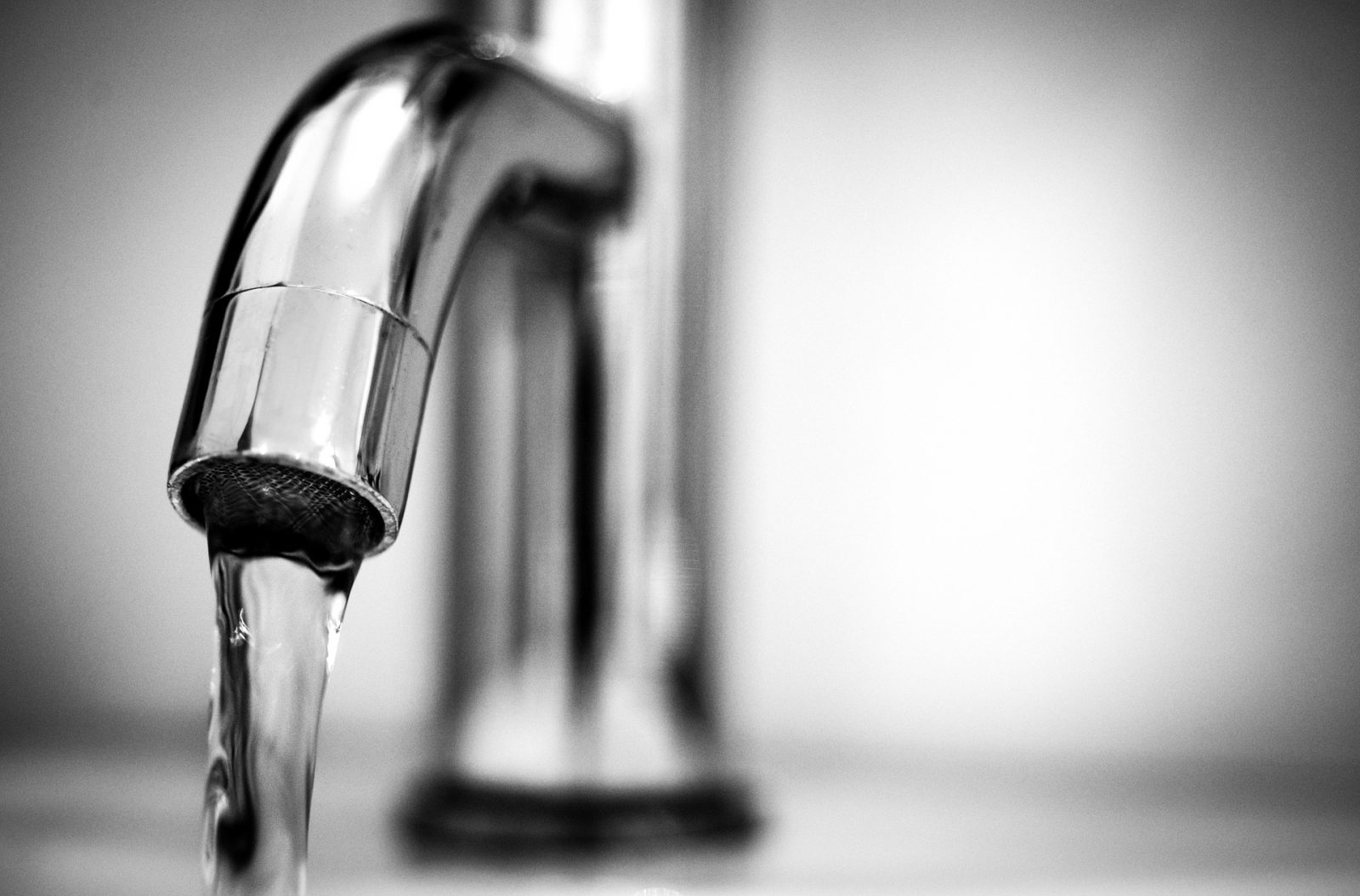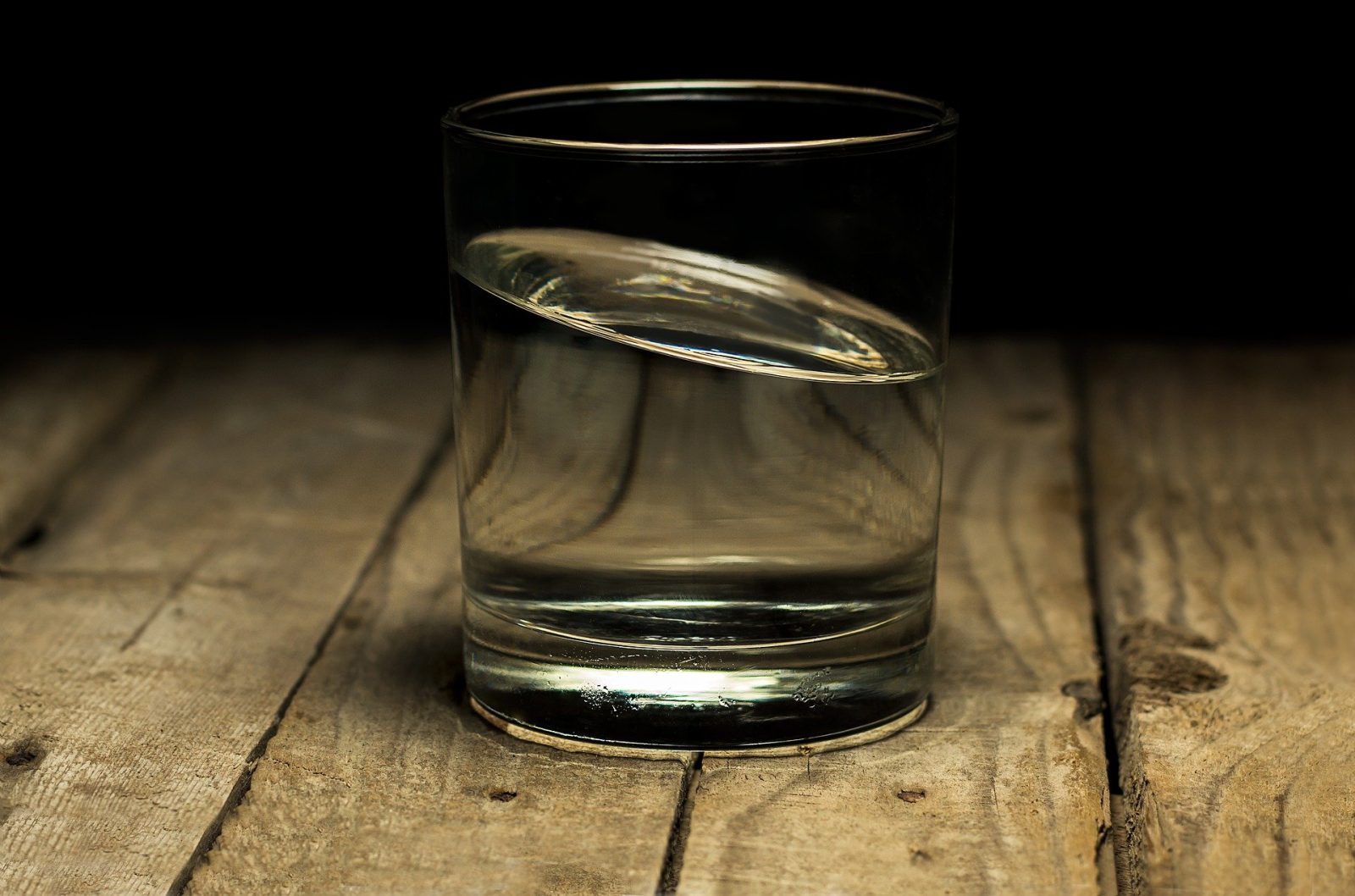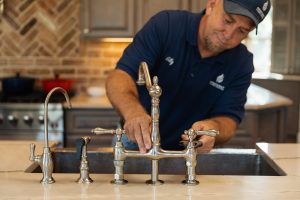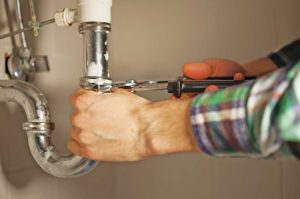You must have heard the advice to drink at least eight glasses of Natural water each day. That’s approximately two liters. But what if we tell you that water is not always good for you?
Water is only good and healthy for you if it is good-quality natural water. Like most things in nature, water quality is diverse and a lot can happen to your home water on its course, from the original source to your house pipes that can contaminate it.
Where does your water come from?

Do you know where the water in your home comes from? According to the CDC (Centres for Disease Control & Prevention), most residential natural water comes from the city, groundwater, and surface water.
Surface water typically comes from real bodies of water like lakes, streams, rivers, and reservoirs. Groundwater runs off in underground pockets, also known as aquifers, obtained through natural wells that pump the groundwater to the surface.
The local public water system in your area accumulates both surface and groundwater, which then brings it to your home. This water may or may not be properly treated by the time it reaches your pipes.
Even if this water is not treated, it is still tied to rules set by the EPA (Environmental Protection Agency’s) Safe Drinking Water Act. The EPA analyzes 90 separate contaminants and manages all the pre-treatments, filtrations, and disinfectants present in your water.
Of course, if you own a private well, your water is not covered by EPA oversight. In this case, it’s important to take some extra precautions and test your water at least annually.
What contaminates does your water have?
Commercial, agriculture, and industrial land practices, residential forces, and other circumstances can affect the quality of your water.
The most obvious culprits are:
- The utilization and storage of fertilizers
- Disposal of animal and human waste
- Landfills
- Sewer lines
- Illegal dumping
Now, let’s talk about the inside of your home? Pipes can be broken or clogged with build-up, letting contaminants run into the water. Old pipelines and fittings can rust and lead to severe problems.
Your normal senses can also provide you with a fairly good read on the condition of your water.
It may be harmful to consume if:
- It looks discolored or cloudy.
- It seems slimy, if your clothes are stiff or if you are encountering low water pressure.
- It smells like rotten eggs, chlorine, or fish.
- It tastes salty, metallic, or earthy.
Finally, if you are continuously battling a stomach bug, there is a chance your water is polluted by coliform bacteria.
What can I do to keep my house water safe?
Prevention is better than cure. Be sure to accurately analyze your pipes and faucets often. To be extra safe, many homeowners choose to install a water filtration system. You can consult with us to find out which water filtration system will suit your home’s needs. Water filtration systems vary in size, price, and point of attachment. Our team can provide the guidance you need.
These systems can be as versatile as a filtered water pitcher or countertop unit. Before installing a whole-house filtration system, do not forget to have your water professionally tested by experts at Proficient Plumbing to ensure you purchase the right unit.
If you have concerns regarding your house water, experts at Proficient Plumbing Solutions are available 24/7 to serve you.
As your best Dripping Springs plumber, the status of your house water and the health of your family is paramount to us. Give us a call today at (512)269-0209 or simply book an appointment by filling out this form at proficient plumbing Austin. We will be happy to assist you.











